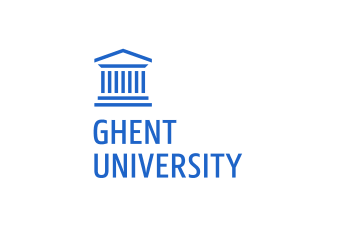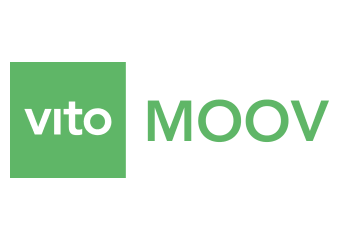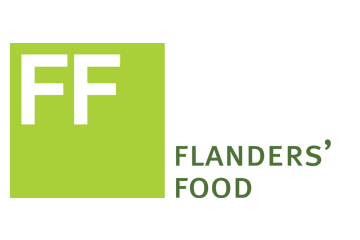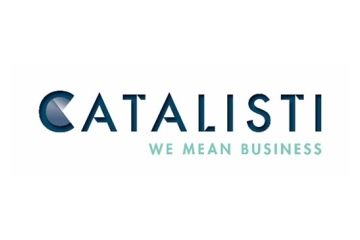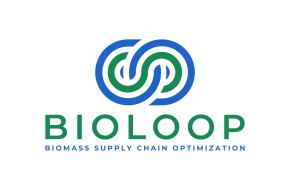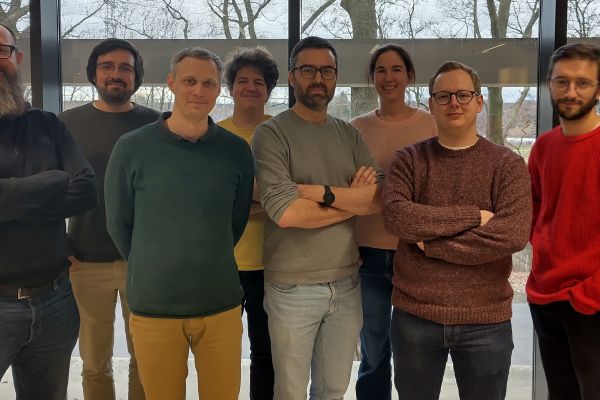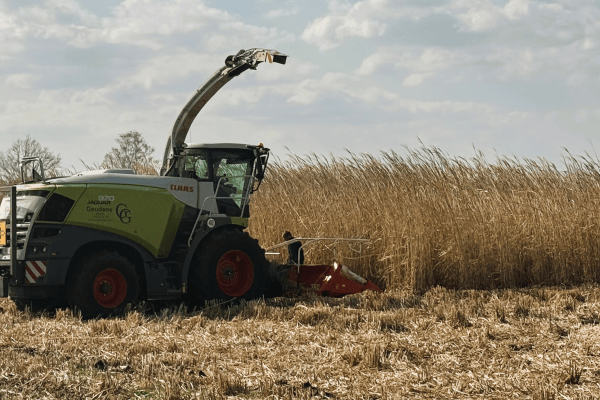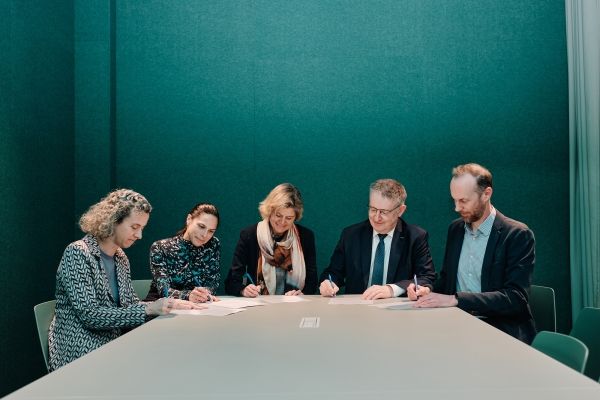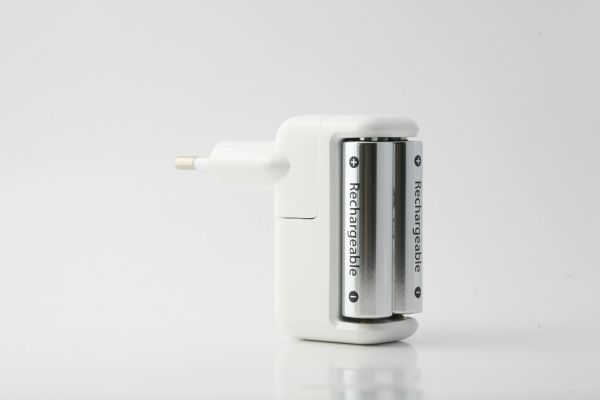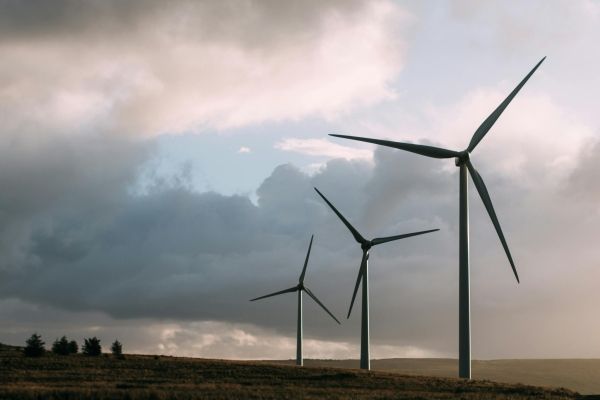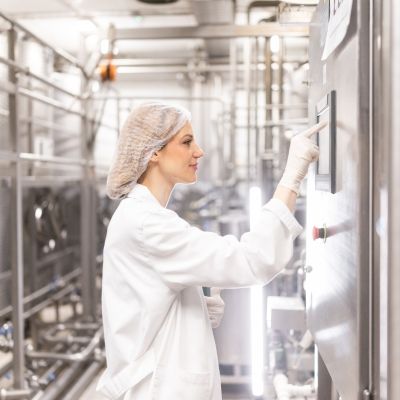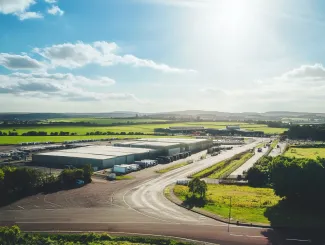
BIOLOOP: Decision support model for biomass logistics optimisation
BIOLOOP focuses on the design and optimisation of biobased supply chains in Flanders. The project investigates technological, economic, and social factors that influence the valorisation of residual biomass streams. Logistic optimization models are being developed, integrating circular, biobased principles, and collaboration strategies. BIOLOOP supports the transition to a circular economy by promoting more efficient biomass utilisation and fostering collaboration between industries.
Project overview
BIOLOOP is an Inter-cluster Strategic Basic Research project that aims to establish a knowledge framework that enables the design and optimization of biomass-based supply chains in Flanders. The project will analyse how key factors, i.e. technological, economic, environmental, and social factors, impact the mobilisation of residual biomass and how to shape both existing and new supply chains. This knowledge will feed into the creation of four robust decision support models (DSMs) that will aid in simulating and optimising biomass feedstock logistics. The DSMs will optimise logistics for multiple feedstocks and applications while integrating sustainable practices, circular economy principles and innovative collaboration models, in consultation with industrial advisory board and spearhead cluster organisations.
Download the full info document
The goal of the BIOLOOP project
The BIOLOOP project aims to strengthen the connection between supply and demand, paving the way for high-value bio-based applications across a wide range of industries. By leveraging Flanders' strategic position as a central logistics hub, the project seeks to position the region as a leader in the bioeconomy.
At its core, the primary objective of BIOLOOP is to develop a comprehensive knowledge framework that supports the design and optimisation of bio-based supply chains within Flanders. This framework will facilitate better resource utilisation, improved efficiency, and a more effective alignment of supply chain dynamics with market needs.
To ensure long-term impact, the project integrates circular and sustainable principles into its approach. It also explores innovative business models and collaboration strategies that foster partnerships across industries and stakeholders. By addressing these critical aspects, BIOLOOP not only enhances the regional bioeconomy but also contributes to a more sustainable and circular future.
Target audience
BIOLOOP will benefit a wide range of sectors and companies, including primary producers, waste managers, biomass connectors, food processing companies, retailers, chemical companies, technology providers for bio-energy, fertiliser and substrate companies, animal feed and food companies, ...
VITO's role in BIOLOOP
VITO/MooV leads the development of an innovative logistics optimisation model designed to incorporate circular and biobased principles as well as cooperative strategies. The goal is to enhance the efficiency of biobased supply chains as logistics is a critical cost driver. The model will be validated in collaboration with industrial partners across various sectors, including retail, food and feed, organic waste management, horticulture, and energy, to ensure practical application and measurable impact.
Research partners
Spearhead clusters
More info?
Would you like to know more about BIOLOOP or MooV? Feel free to contact Ruben.



